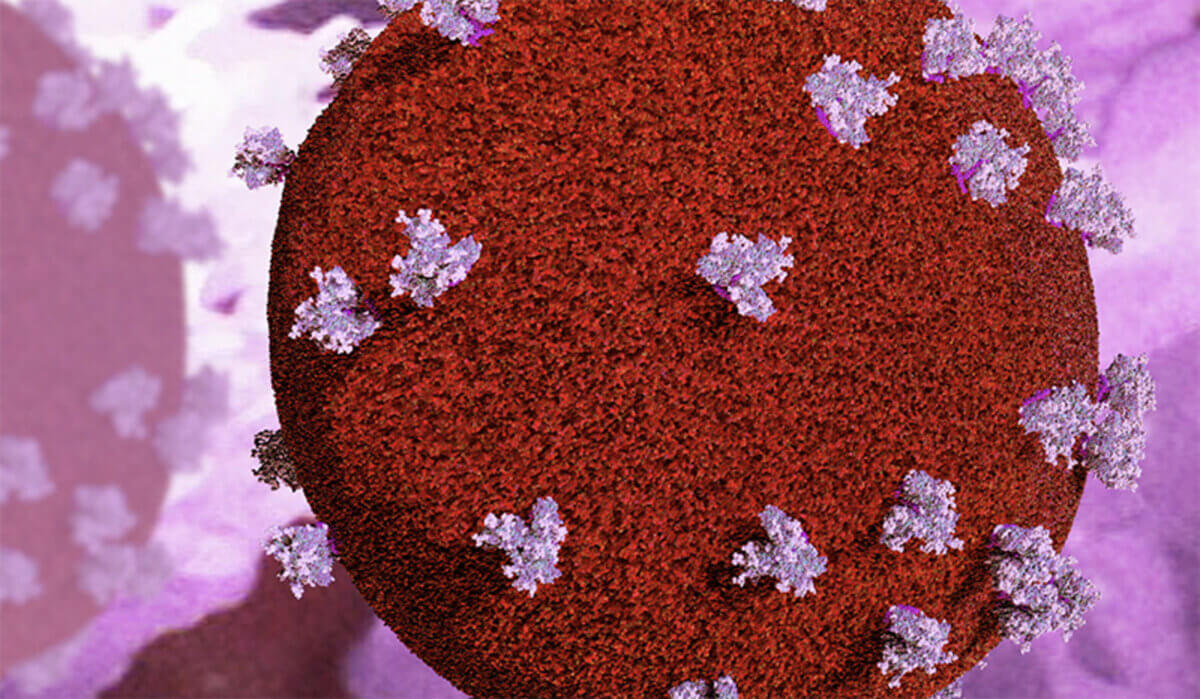AARHUS, Denmark — Despite four decades of intensive research into HIV, a cure for the disease has remained elusive. Patients typically see a resurgence of the virus just weeks after stopping their medication. However, Danish researchers are bringing fresh hope to the roughly 38 million people worldwide living with HIV as a new antibody treatment could bring a potential cure.
In their earlier research, Aarhus University scientists found that newly diagnosed patients showcased a robust immune response against the virus when treated with synthetic antibodies known as “monoclonal antibodies” against HIV in conjunction with regular medication. Monoclonal antibodies are specifically designed, highly effective antibodies produced in vast quantities for experimental treatments.
Their latest study reveals that even long-term HIV patients can benefit from this innovative treatment. The antibody treatment allowed some participants to suppress the virus for over three months, with certain individuals still suppressing HIV naturally for over 18 months after discontinuing their usual HIV medication.
“The study is one of the first placebo-controlled trials conducted on humans, where we have shown a way to boost the body’s own ability to fight HIV — even when standard treatment is paused,” says study lead author Ole Schmeltz Søgaard, professor in the Department of Clinical Medicine at Aarhus University, in a university release. “We therefore see the study as an important step towards a cure.”

The comprehensive study involved collaboration from researchers across Denmark, Norway, Australia, and the United States. Participants were divided into four groups, with each group receiving a different treatment combination. One of these combinations included the drug Lefitolimod and two specific monoclonal antibodies against HIV.
“Unfortunately, there was no extra benefit from Lefitolimod, but our study shows that people with HIV who receive monoclonal antibodies before pausing their regular HIV medication experience a period of about three months before the virus reappears,” notes study lead author Dr. Jesper Damsgaard Gunst from Aarhus University Hospital. “Additionally, the immune system in a third of those who received monoclonal antibodies can partially or completely suppress the virus, even after the monoclonal antibodies have left the system.”
There’s still work to be done. While these findings are groundbreaking, Søgaard is emphasizing the ongoing need to refine the treatment. The ultimate goal?
“The hope is that we will gradually improve our experimental treatment strategy to a level where the effect of our treatment is that up to 50 percent, 70 percent, or even 100 percent of patients become medication-free and neither relapse nor can infect others,” says Søgaard. “If we can achieve that, we will have developed a cure for HIV that will change the lives of approximately 38 million people living with the disease today.”
There are more trials in the pipeline. A UK-led clinical trial, backed by the Bill and Melinda Gates Foundation, is set to test the efficiency of two monoclonal antibodies against HIV. Also, a pan-European study is in the works to further explore antibody treatments.
“Our hypothesis is that the optimized treatment will have an even stronger effect on both the virus and patients’ immunity,” Søgaard concludes. “In this way, we hope to improve the immune system’s ability to permanently suppress the remaining virus in the body.”
The study received funding from Gilead Sciences, Central Denmark Region Research Fund, Aarhus University, Lundbeck Foundation, National Institute of Allergy and Infectious Diseases of the National Institutes of Health. Experimental medicine was provided free of charge by The Rockefeller University, Mologen AG, and Gilead.
The study is published in the journal Nature Medicine.
You might also be interested in:
- STDs are now STIs — Here’s everything you need to know about these infections
- Herpes, HIV preventable without condom? Lube made from cow mucus shows promise
- UV-LED lights destroy coronaviruses in seconds — and HIV too

